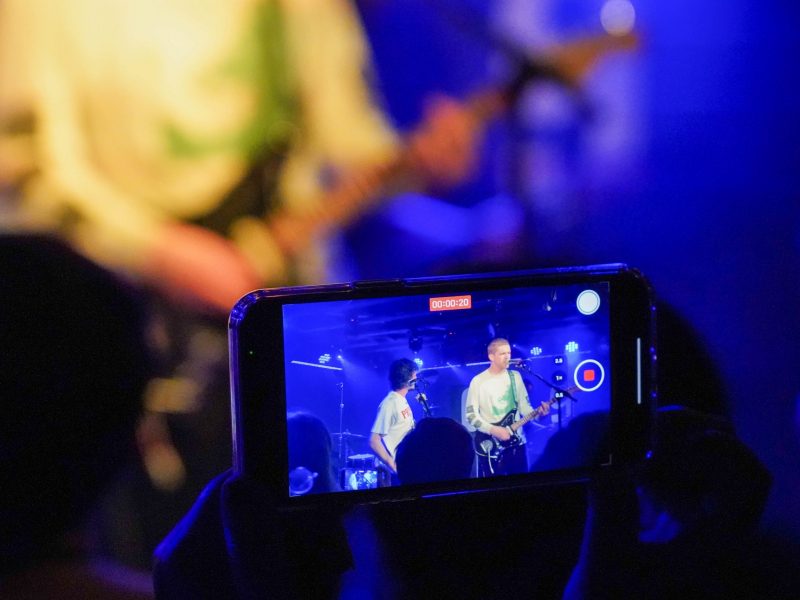Views expressed in opinion columns are the author’s own.
Since president Donald Trump returned to office in January, universities across the United States have received much of his ire. The behavior and policies in Washington, D.C., have direct consequences for college students — now more than ever — and we deserve to learn about them.
Under the Trump administration, U.S. Immigration and Customs Enforcement officers have threatened students with deportation, international student visas have been rejected and the Department of Education and nationwide diversity, equity and inclusion offices have been dismantled. Federal research grants, including at the University of Maryland, and financial aid programs face significant cuts. Transgender student athletes have been barred from women’s sports. The administration also has used its financial power in an attempt to influence university policies, including demands to restrict student protests. For many students, recent political developments are deeply personal and sometimes life altering.
Despite these unprecedented events occurring in our country, I’ve noticed many classrooms at this university seem to adhere to a “business-as-usual” approach and avoid discussions regarding current events for fear of ostracization. Professors likely want to prevent accusations of being too biased or political and imposing their beliefs on students. These anxieties have merit — several professors at the university have already made Charlie Kirk’s Turning Point USA “Professor Watchlist”, primarily for their inclusion of LGBTQ+, feminist and anti-racist course material. In today’s political climate, attracting negative attention from conservatives can pose a real danger to university faculty.
But professors don’t have to preach ideology in order to foster inquiry. And promoting science and basic civil liberties isn’t political — or at least, it shouldn’t be. Academic settings are designed to impart lessons that surpass dominant and often misleading narratives. When U.S. universities silence open discussions, they are unintentionally mirroring the censorship they are supposed to be actively resisting.
Higher education institutions have a responsibility to instill students with more than historical facts and abstract concepts. The ability to think critically about the past and present is diminishing in an era where information is primarily shared superficially via social media. Academic environments that encourage nuanced reflection are essential. Even if students disagree with the ideas presented by the majority of the class, facilitating respectful dialogue allows everyone to learn how to meaningfully defend their opinion and contemplate what exactly they are defending.
Furthermore, students must be equipped for the world as it is right now, not the one presented in a curated curriculum designed years ago. Discussing recent developments is an invaluable opportunity to connect students with the world they will pursue careers in, especially in classes that cover relevant topics, like political science, sociology, public policy, international relations, economics and cultural and gender studies. An institution that produces students with strong academics is meaningless without the ability to successfully apply what they have learned in matters that hold current significance.
In law classes, case studies on current immigration cases or Supreme Court decisions allow students to deeply consider the individuals and subjects they will work with. In politics and international relations classes, discussions and analyses about recent policies, programs and conflicts are crucial in applying course material to future work. In pre-med and public health classes, dialogue and curriculum covering issues of medical autonomy, like reproductive rights and euthanasia and anti-vax sentiments would introduce students to the scrutiny they will likely face for the entirety of their career.
Moreover, it is important for every student to have a comprehensive understanding of current events — especially when they may be directly impacted. Open dialogue about how political affairs are affecting students and the people they know can promote informed and empathetic voting decisions.
Professors at this university have a unique opportunity to prepare students for the challenges they will face in an increasingly complicated world by fostering open dialogue on current events. Avoiding these conversations only perpetuates a disconnect between academia and the realities students will confront beyond the classroom.
Anushka Shah is a junior government and politics major with a concentration in international relations. She can be reached at fromanushkashah@gmail.com.



